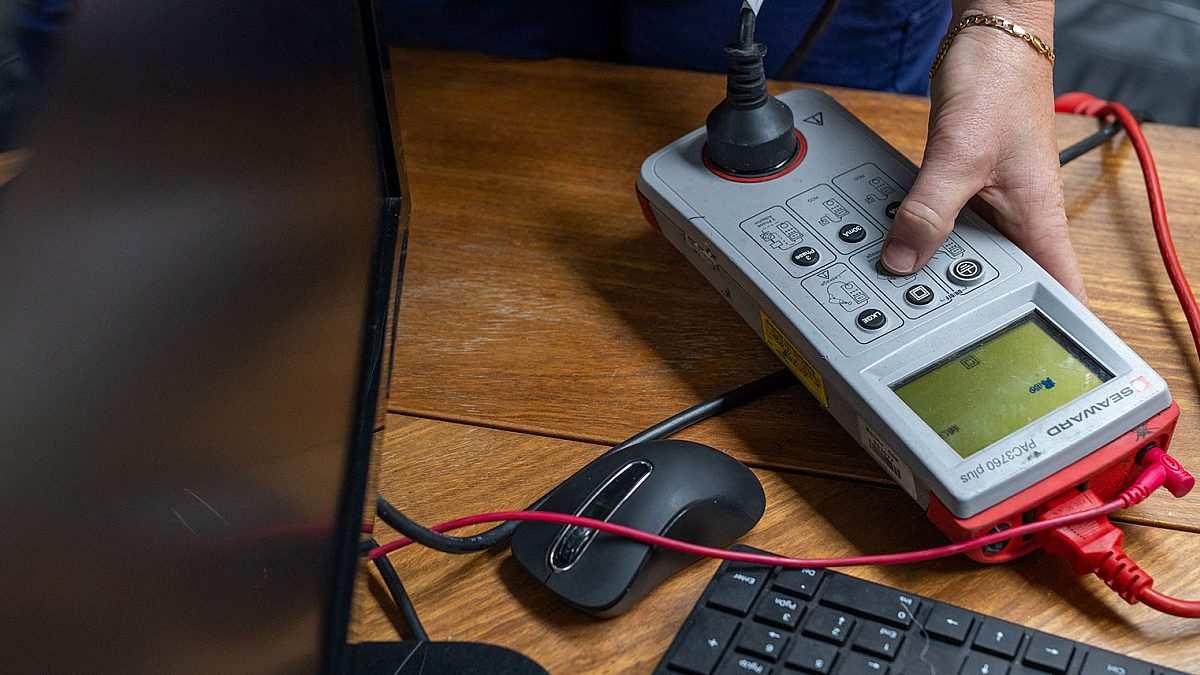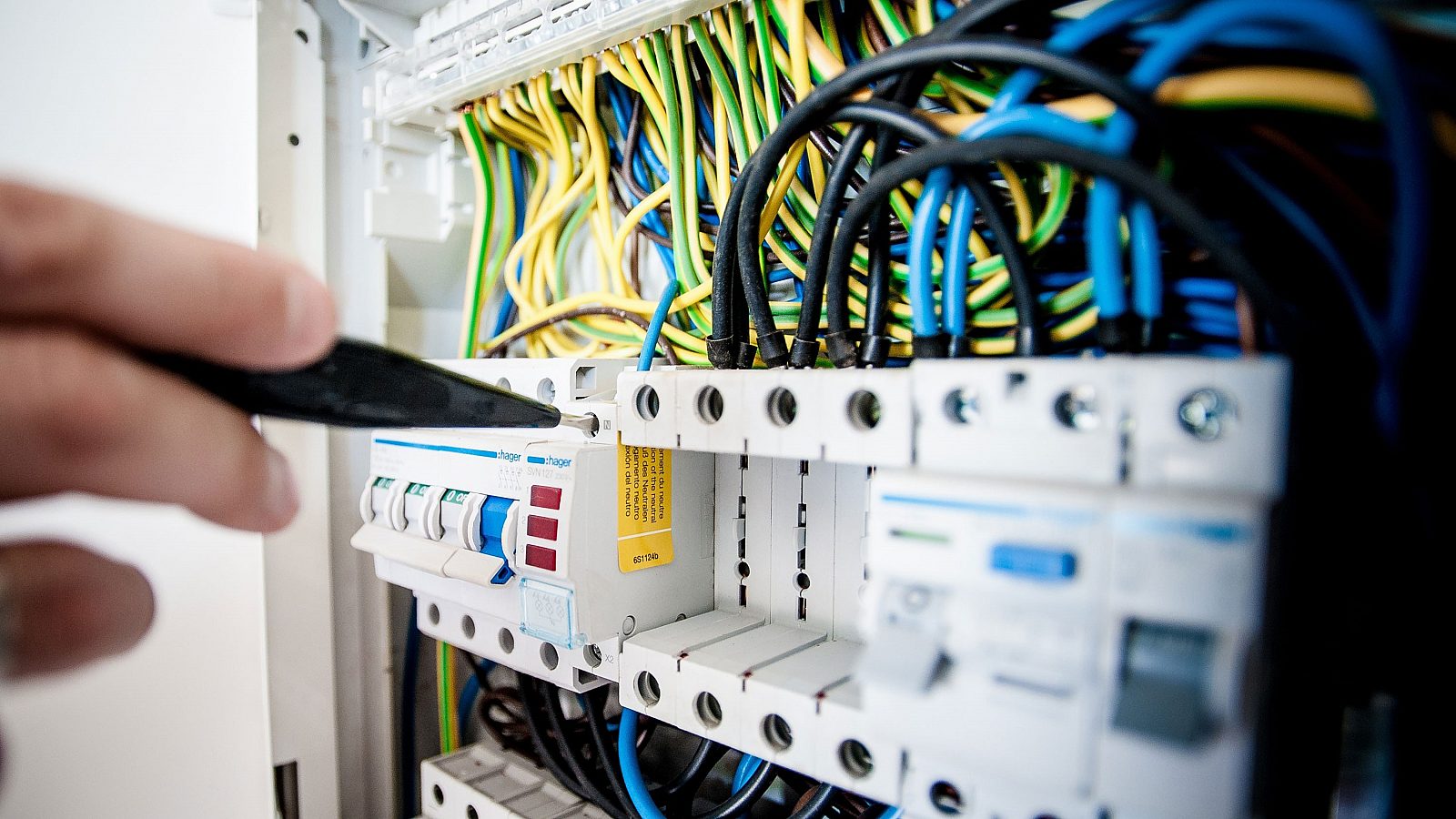Testing & Tagging Testing and Tagging your electrical appliances to make you compliant and your staff safe
Get a Quote

Overview
As all businesses are aware of their responsibility under the current WHS legislation, portable appliance testing & tagging is one part of ensuring that you keep your employees and visitors safe from hazardous situations when on your premises or work site.
Information
Who needs to Test & Tag?
Whether it is in an office, hospital, manufacturing environment, building site or any other workplace safety checking of appliances and tagging will not only help you fulfil your WHS obligations but also give you that peace of mind. The best way is to use a competent technician with the expertise in portable appliance testing.
ATTS have been providing portable appliance testing & tagging on a nationwide basis for the last 15 years. Our experienced qualified portable appliance testing technicians are trained to competently not only test your appliances but also inspect thoroughly all leads and appliances
We test to Australian STD AS/NZS 3760:2010 for all single phase and 3 phase appliances.
Your environment
Consideration to the frequency of the portable appliance to be tested & tagged involves a number of factors. One of the most important factors is the environment or location of the appliance.
This is stepped out in the Australian Standards AS/NZS3760:2010 with a testing frequency table that indicates the testing regime that is applicable to the environment.
Services
ATTS can supply a complete portable appliance testing & tagging solution for your business
Our motto is “Your Partner in Compliance” to assist you in remaining compliant under current WHS legislation
All portable appliances are tested and tagged in accordance with relevant Australian Standards, barcoded and an inventory register is supplied upon completion
We are professional, reliable, qualified, police checked and insured
FAQs
In some cases yes. This is generally replacement of the lead or plug. After repairs have been carried out a retest of the item is conducted to ensure compliancy.
Link to this articleTable 4 that can be found in Australian Standard AS/NZS 3760:2010 recommends various retest timeframes which is dependent on locations and or environments in which the equipment resides in
Testing of items varies from: three monthly, six monthly, yearly, two yearly or five yearly testing intervals
If the workplace has a workshop or manufacturing area or is considered a hostile environment testing is generally carried out on a 6 monthly or yearly basis.
It's important your service provider has the expertise to competently advise the client about the retest time frames.
Link to this articleAS/NZS 3760:2010 - 2.1. (a) Indicates a tolerance of two weeks past the item's retest due date.
Link to this articlePortable appliance testing and tagging is electrical safety inspection and testing of 240v (single phase) or 415v (3 phase) of all plug-in electrical items. Under current WHS legislation and Australian Standards AS/NZS 3760:2010 states that all workplaces across Australia have a duty of care to employees & visitors and must be able to demonstrate safe work systems, including electrical safety.
This applies to all portable or corded appliances that you may have in your workplace
Link to this articleUnder current AS/NZS 3760:2010, to remain compliant you are required to retain the history of tests carried out in your workplace. Just because the item has a test tag attached to the lead, you must still have the relevant records indicating date of test, company or technician that carried out the testing
This also includes a test tag attached to each item which indicates the date, tester's name and a test status (pass/fail).
A register should also include all failed items and action taken.
Link to this articleIf you are a business or employer, you must make sure that electrical equipment is regularly inspected and tested by a competent person. This can vary with different states requirements, but under the Aust Standards it must be one of the following
A competent person is either;
- Someone who has acquired - through training, qualification or experience - the knowledge and skills to carry out inspections and testing of electrical equipment.
- A licensed electrician
Get a Quote
Or just ask a question...
Related Services

Compliance
Exit & Emergency Light Testing
Emergency & exit lights help people escape a building. They must be tested periodically

